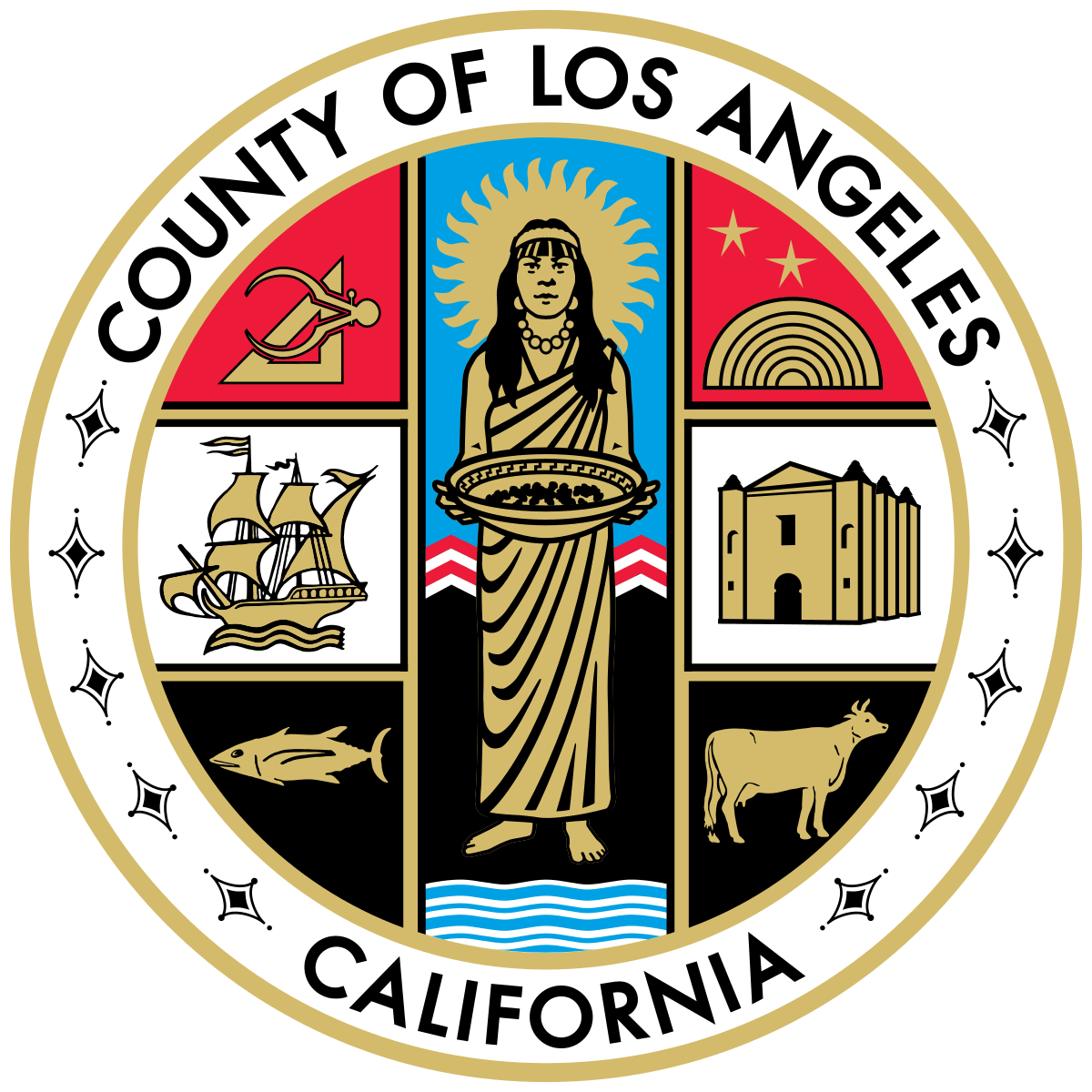Tips for Hiking in the Heat
Clear, sunny summer days are ideal for most of us heading out on a hike through the forest, on the coast, or up into the mountains. But in Southern California, summer hiking in intense, relentless heat can turn a fun adventure into an uncomfortable or dangerous day out if you are not prepared.
Sunbaked ground and temperatures hovering near (or reaching) triple digits might feel like deterrents.But with the proper planning and packing you can stay healthy, hydrated, and happy as you explore the diverse landscapes all around Los Angeles even on our warmest days.
Check the weather. Hot days don’t always mean dry days. Make sure to check the forecast and check with a ranger especially on hot and humid days when weather can be unpredictable and blue skies can quickly turn into surprise downpours and thunderstorms.
Choose the trail wisely. Stay in the shade and near water. On hot summer days you’ll have extra protection from direct sun on shady trails. Alternatively, if there isn’t much shade, choose a coastal trail or trail near a river or lake where you can enjoy the water and the breeze.
Start Early. Choosing the right time of day is especially important when planning a hike on a relentless hot Los Angeles day remember that temperatures peak between 11am and 3pm.
- Start early and make most of your elevation gain while temperatures are cooler.
- Plan a long lunch break in the afternoon, refueling and resting in the shade while the temperature spikes.
- Start your descent between 2 and 3pm to help guarantee a more enjoyable hike.
Dress appropriately. While you may be tempted to head out in shorts and a t-shirt, loose fitting long sleeves and hiking pants will offer your body more relief on hot summer hikes. Opt for light colors and synthetic wicking fabrics over cotton – you’ll be glad you did. Don’t forget a wide brimmed hat, UV-blocking sunglasses, and plenty of sunscreen.
Drink lots of fluids. Remember, if you are thirsty, you are already dehydrated! Staying hydrated on the trails is always important but even more so in hot weather. Your body will lose about a liter of water every hour, more in hot weather, but you can only absorb about a half-liter every hour. Bring more water than you think you’ll need and sip it regularly to give your body a chance to absorb everything you drink. And don’t forget your dogs, they’ll need plenty of water on the trail, too.
Salty Snacks. Sweating on a hot summer hike means you aren’t just losing water, you are losing electrolytes. Balance your salt levels with electrolytes added to sports drinks or water and bring healthy snacks with complex carbs like pretzels, trail mix, energy bars and fruit.
Take breaks. Regular water breaks and eating salty snacks are both important to hot weather hiking so why not build in breaks to replenish while you also give your body a chance to rest and cool down. Find a shady spot, sit or lay down, maybe even take off your hiking boots and air out your feet.
Bring extra socks. Speaking of airing out your feet, when you are hiking in hot weather plan on your feet sweating more than they normally would. For your own comfort and to avoid blisters, pack an extra pair of hiking socks Nothing will feel better than changing out of sweat-soaked socks into a nice, dry pair at the top of your hike.
Know the signs of Heat Stroke. Even if you take all the precautions on your hot summer hike, there’s always a chance the heat will be too much. Pay attention to how you feel, always stop to rest if you tired and snack if you are hungry. If your body temperature gets too high there is a risk of heat stroke which can be fatal. Be aware of the symptoms and how to respond to them.
- Intense headache
- Dizziness
- Confusion
- Anxiety
- Disorientation
- Muscle cramps
- Nausea
- Lack of sweating in high temperatures
If you or anyone in your group is experiencing any of these signs immediately stop hiking, find a shady spot, hydrate, and cool down. Heat stroke can cause internal organ damage. End the hike and head to the hospital – calling 911 is not an overreaction to heat stroke.
